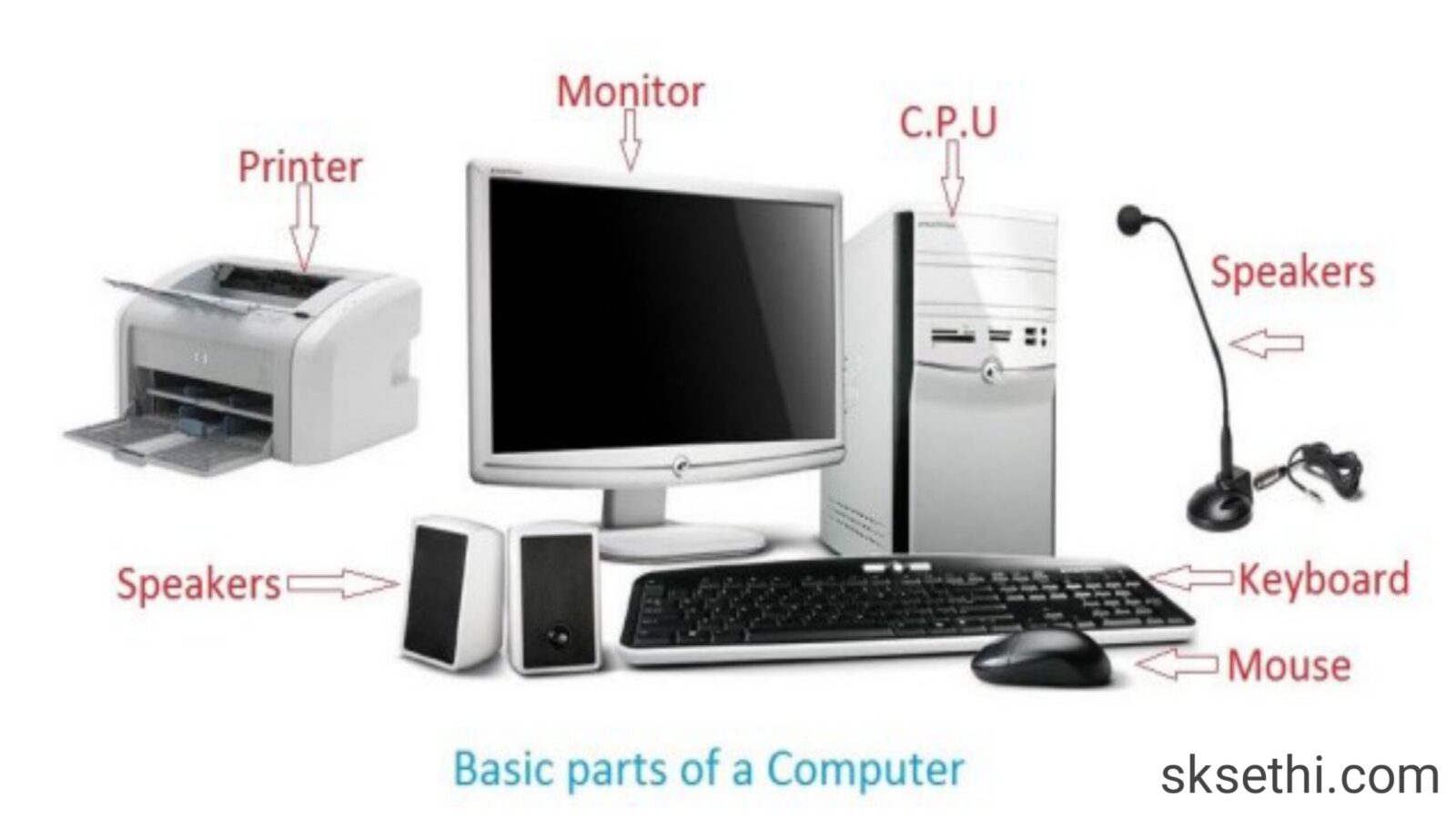Extra Computer Items: Your Portal to Inexpensive Upgrades
In tech-driven world, upgrading your PC can often seem as if a formidable undertaking, especially when faced with the elevated costs of pristine parts. Still, there's a valuable resource in the tech market that can assist you upgrade your setup without going over budget: excess PC components. Such components, which are often excess inventory, returned products, or refurbished products, offer an cost-effective solution to purchasing brand-new products. By exploring the landscape of surplus parts, you can uncover high-quality technology at a small portion of the market cost, allowing you to enhance your PC experience while keeping your budget intact.
Navigating the excess market, though, requires a keen eye and some knowledge about what to seek to guarantee you are getting value for money. From video cards to mainboards and further, understanding the essential features and traits of excess parts is important to executing informed buying decisions. This resource will steer you through the essential aspects of acquiring excess PC parts, providing advice on assessing worthiness, identifying real products, and spotting the greatest bargains. Whether you're a typical user wanting to do a minor upgrade or a gaming enthusiast wanting to create a affordable rig, venturing into surplus parts can be your path to cost-effective and effective computing upgrades.
Acquiring Surplus Computer Parts: A Thorough Guide
As considering upgrades for your computer system, surplus stock computer parts can provide an affordable avenue for improving performance without breaking the bank. Understanding the details of buying surplus components is important, as not all surplus parts are the same. Factors to consider include the state of the items, compatibility with your present system, and the trustworthiness of the seller. This guide will help guide these aspects, ensuring that your investment leads to a effective upgrade.
To begin with, it's essential to know what to look for in surplus parts. Each component, from motherboards to graphics cards, has distinct characteristics that determine its caliber and fitness. For instance, evaluating the quality of a used motherboard or inspecting the performance statistics of a surplus GPU can make a significant difference in your upgrade experience. Getting acquainted yourself with the usual benchmarks and specifications for each part will prepare you with the knowledge needed to make wise decisions.
Furthermore, understanding where to purchase surplus computer parts can greatly impact availability and pricing. Various online marketplaces, local computer shops, and specialized surplus retailers can offer a range of options. Always research the seller's reputation and customer feedback; reputable sources tend to have better assurance, reducing the chances of finding counterfeit or defective items. By following these guidelines, you can turn your surplus part shopping into a beneficial endeavor that enhances your computing experience.

Evaluating Standards: How to Identify Reliable Parts
When looking for excess hardware items, the standard of parts is essential. Start by examining the brand reputation of the parts you are evaluating. Well-known brands are usually more reliable, as they have a history of producing long-lasting and effective components. Find testimonials or endorsements from past buyers to gauge the standard and functionality of individual parts. Be mindful of any mentioned issues, as frequent complaints can be a warning sign.
An additional important aspect to evaluate is the state of the items. Inspect for signs of deterioration, such as marks, indentations, or oxidation, especially in critical parts like power supplies or circuit boards. Circuit boards should be devoid of scorch marks or imperfections. For items like RAM or video cards, verify that all attachments are functional and that there are no missing pins. If possible, request photos of the actual parts before buying to assess their state.
Finally, assess the testing history of the surplus components. Dependable sellers will generally provide details on whether the components have been examined for operational status. Look for sellers that provide a return policy or assurance, as this can give you peace of mind regarding your buying decision. If a item comes without any guarantee, it may be wise to handle with wariness, as hidden defects can lead to unexpected charges later on. Investing time in evaluating these considerations can shield you from potential hassles in the time ahead.
Enhancing Value: Advice for Intelligent Purchasing Choices
While shopping for additional computer parts, it's essential to perform thoroughly detailed research beforehand. Know oneself with the requirements of the components you need and their typical market rates. Utilize web-based forums, comparison-shopping sites, and resources to comprehend what is considered a reasonable price for surplus items. Being informed will enable you identify great deals and prevent paying too much for parts that don’t meet your performance needs.
Consider purchasing from reputable vendors that have a reputation of providing dependable surplus parts. Look for sellers who provide returns or guarantees, as these can offer security. Digital marketplaces, local computer stores, and electronics recycling centers can often be fantastic places to obtain trustworthy components. this page with trusted suppliers may also bring about unique deals or prior notifications on new arrivals.
Finally, always try to inspect items when feasible. If it’s checking for physical damage, verifying connections are functional, or testing performance, taking the time to evaluate surplus parts can save you from expensive mistakes. Don’t hesitate to back away from deals that don’t meet your requirements, as there will constantly be other opportunities. With these intelligent purchasing choices, you can enhance the value of your surplus computer parts and experience a wallet-friendly upgrade.